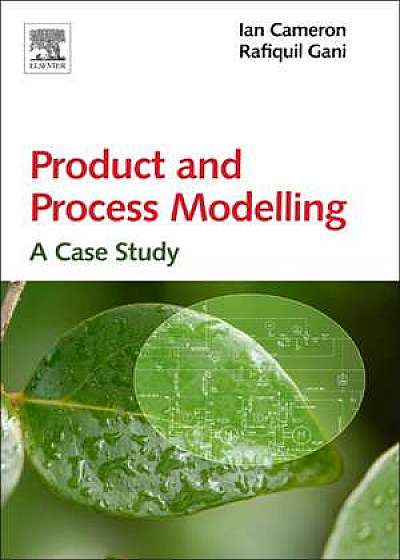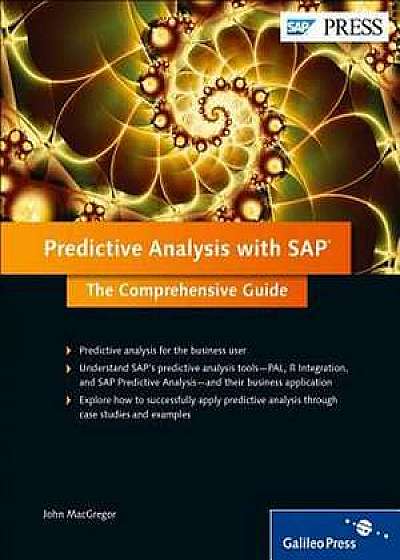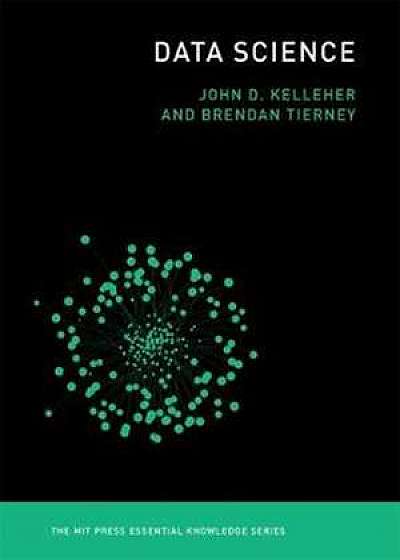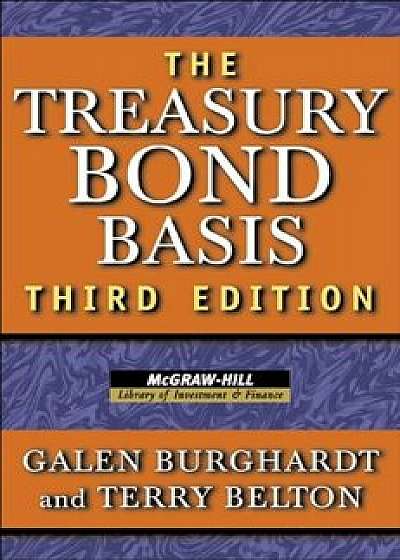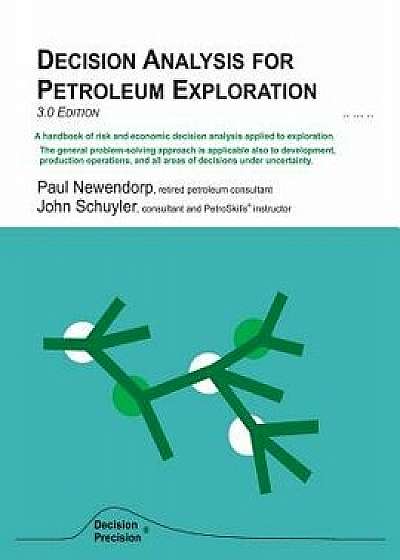
Decision Analysis for Petroleum Exploration: 3.0 Edition, Paperback/John R. Schuyler
Descriere
This is a major rework of Paul Newendorp's 1975 best-seller, which became the standard reference in the field. This book is now structured as a handbook of over 330 important concepts in risk and economic decision analysis. As the title suggests, well over half the examples apply to petroleum exploration investment decisions. Perhaps 80% of the topics are generally applicable to capital investment, project management, and operations decisions. Topics in the book represent a composite of evaluation practices and problem-solving approaches now commonly used in oil & gas and other capital-intensive industries. Several important and practical techniques were first published in the first edition. Decision analysis methods apply to any type of decision. The emphasis here is on quantitative methods useful in capital investment decisions and decisions to acquire additional information. This will be of special interest to anyone involved in the evaluation of property acquisitions, geophysical surveys, prospect drilling, and field development decisions. This book is intended for petroleum geologists, engineers, geophysicists, evaluation and planning analysts, and managers. This is not a first book in decision analysis. We presume the reader has a general familiarity with management, economics, decision analysis, and knowledge of the oil & gas industry. As a handbook we are focusing on what is most important and practical. Major topic area include the decision analysis process, key concepts in probability and statistics (including Bayes' rule and easy equivalents), decision policy (including risk policy expressed as a utility function), popular economic metrics and concepts, project and enterprise modeling, decision tree analysis, Monte Carlo simulation, and various special topics. Value of information problems receive special attention. Over 270 figures help illustrate the concepts. The expected value (EV) concept is central throughout. Most often we assume a decision policy
